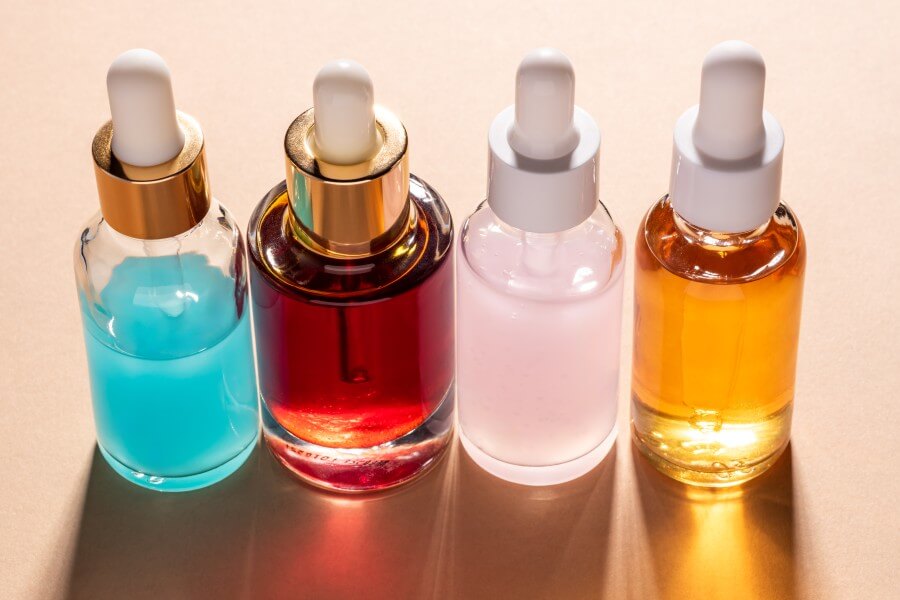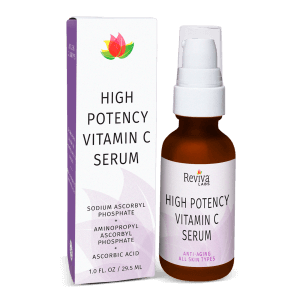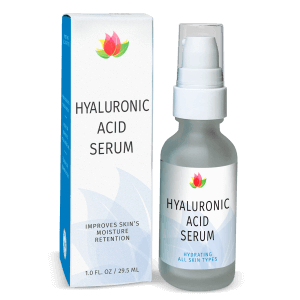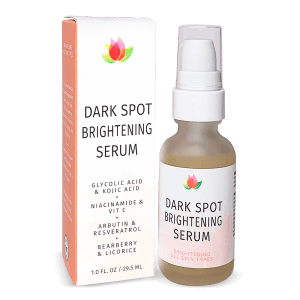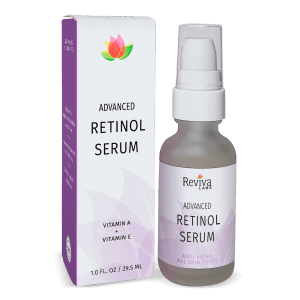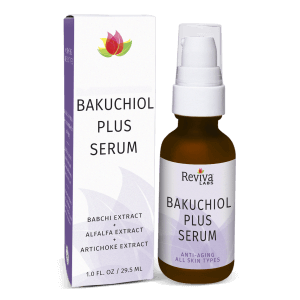Ingredients, Reviva Labs, Skin Care
Why Your Serum Is Not Working
Skincare serums are often hailed as miracle products, promising everything from hydration to wrinkle reduction. However, despite their popularity, many users find that their serums don’t deliver the expected results. If your serum isn’t working as promised, there are several factors to consider. Understanding these can help you maximize the benefits of your skincare routine.
Quality of Ingredients
The effectiveness of a serum largely depends on the quality of its ingredients. Active ingredients like hyaluronic acid, vitamin C, and retinol need to be present in effective concentrations to work. Not all serums are created equal, and some may contain insufficient amounts of these key components. Additionally, the stability of these ingredients can be compromised by factors such as exposure to light and air. When purchasing a serum, look for products with air-tight and opaque packaging to preserve the integrity of the ingredients.
Application Technique
How you apply your serum can significantly impact its effectiveness. It’s crucial to apply serums to clean, slightly damp skin to enhance absorption. Using too much or too little can also hinder results. A few drops are usually sufficient for the entire face. Gently patting the serum into the skin, rather than rubbing, can help it penetrate more effectively. Following up with a moisturizer can seal in the serum, preventing evaporation and ensuring deeper absorption.
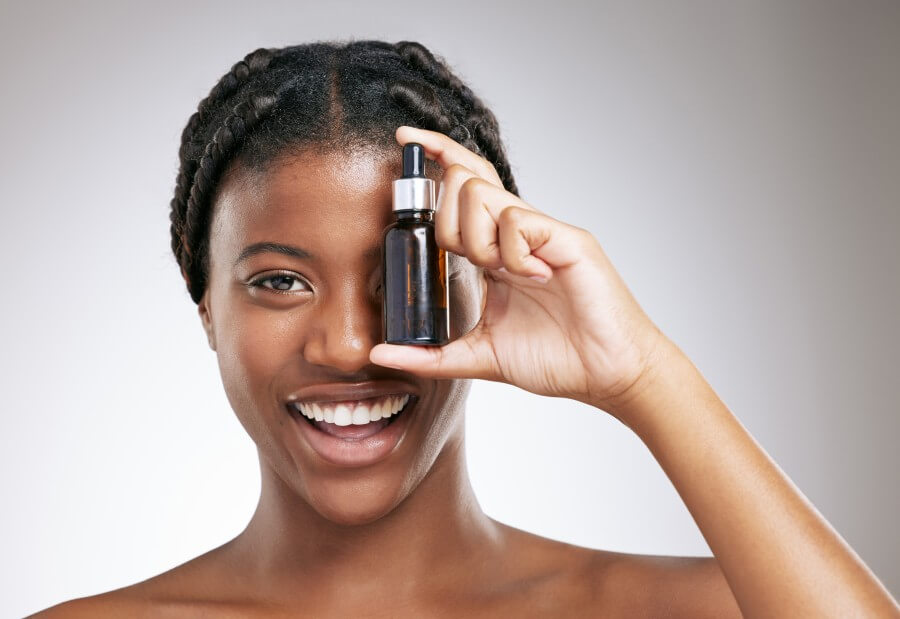
Consistency and Patience
Consistency is key when it comes to skincare. Serums, especially those targeting issues like hyperpigmentation or fine lines, often require regular use over several weeks to show results. Impatience can lead to disappointment. Dermatologists recommend giving a new product at least four to six weeks before judging its effectiveness. If you’re inconsistent with your application, you may not see the benefits you’re hoping for.
Skin Compatibility
Not all serums are suitable for every skin type. Understanding your skin’s needs is essential in choosing the right product. For example, a serum with high concentrations of exfoliating acids may be too harsh for sensitive skin, leading to irritation rather than improvement. Conversely, a lightweight, hydrating serum might not be sufficient for dry skin that requires more intensive moisture. Identifying your skin type and specific concerns can guide you toward a serum that will work best for you.
Lifestyle Factors
Your lifestyle can greatly influence how well your serum works. Factors such as diet, sleep, stress levels, and exposure to environmental pollutants can affect your skin’s health and its ability to respond to skincare products. A balanced diet rich in antioxidants, adequate hydration, and sufficient sleep can enhance your skin’s receptiveness to active ingredients in your serum. Reducing stress through activities like meditation and exercise can also support overall skin health.
Layering Products
The order in which you apply your skincare products can make a difference. Serums should be applied after cleansing and toning but before moisturizing. Incorrect layering can inhibit a serum’s ability to penetrate the skin. For instance, applying a thick moisturizer before a serum can create a barrier that prevents the serum from being absorbed. Similarly, using too many active products in one routine can lead to irritation and counteract the benefits of your serum.
Expired Products
Using expired skincare products is a common mistake that can lead to ineffectiveness. Active ingredients in serums can degrade over time, especially if not stored properly. Always check the expiration date and follow storage instructions. Products containing natural ingredients may have a shorter shelf life due to the absence of synthetic preservatives. If your serum has changed in color, texture, or smell, it’s best to discard it and purchase a new one.
Environmental Factors
The environment you live in can impact your serum’s performance. Humidity, temperature, and pollution levels can affect how your skin reacts to products. In humid climates, lightweight, non-greasy serums are often more effective, while in dry environments, more hydrating formulations might be necessary. Pollution can increase the need for antioxidants in your skincare routine to combat free radical damage. Adapting your skincare products to your environment can help you achieve better results.
Diet and Hydration
What you consume can affect your skin’s condition and its response to serums. A diet lacking in essential nutrients can compromise your skin’s health. Incorporating foods rich in vitamins, minerals, and antioxidants can support skin repair and enhance the effectiveness of your serum. Staying hydrated by drinking plenty of water is also crucial, as dehydrated skin is less responsive to topical treatments. Proper nutrition and hydration can create a favorable environment for your serum to work.
Understanding Expectations
Sometimes, the issue lies in unrealistic expectations. While serums can deliver significant improvements, they are not miracle cures. Understanding what a serum can and cannot do is important. It’s essential to have realistic goals and recognize that factors such as genetics and age play a role in your skin’s appearance. For example, while a serum can reduce the appearance of fine lines, it may not completely eliminate deep wrinkles.
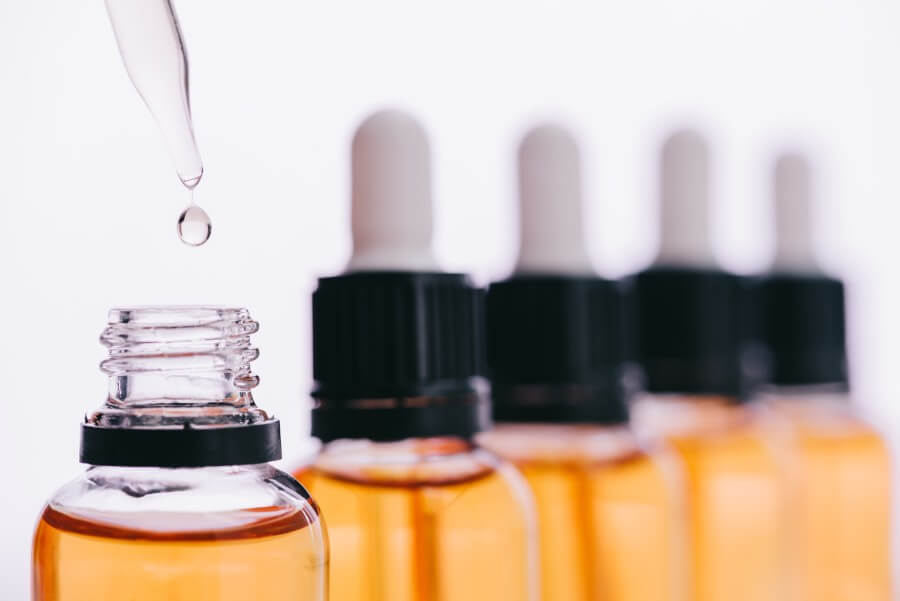
Patch Testing
Before incorporating a new serum into your routine, performing a patch test is advisable. This can help you avoid potential allergic reactions or irritations. Apply a small amount of the product to a discreet area of skin, such as behind your ear or on your inner forearm. Wait 24-48 hours to see if any adverse reactions occur. This simple step can prevent unnecessary irritation and ensure the serum is suitable for your skin.
Consulting a Professional
If you’ve tried various serums and still see no improvement, it may be time to consult a dermatologist. A professional can assess your skin and provide personalized recommendations. They can also identify any underlying skin conditions that might be hindering your serum’s effectiveness. Sometimes, prescription-strength treatments or in-office procedures may be necessary to achieve your desired results.
Tracking Progress
Keeping track of your skincare routine and any changes in your skin can help you understand what works and what doesn’t. Consider taking photos and notes to document your progress over time. This can provide valuable insights and help you make informed decisions about your skincare products. It also helps in identifying any patterns or triggers that may affect your skin’s response to serums.
Ingredient Sensitivities
Certain ingredients can cause sensitivity or allergic reactions in some individuals. Common culprits include fragrances, essential oils, and certain preservatives. If you experience redness, itching, or breakouts after using a serum, it may contain an ingredient your skin is sensitive to. Reading product labels and choosing serums formulated for sensitive skin can help minimize these issues.
Effective Storage
Proper storage of your serum is vital to maintaining its potency. Many active ingredients are sensitive to light, heat, and air. Store your serums in a cool, dark place, and ensure the caps are tightly sealed. Avoid storing products in the bathroom, where temperature and humidity levels fluctuate. Following these storage guidelines can help preserve the efficacy of your serum.
Consistency with Routine
Maintaining a consistent skincare routine is essential for achieving the best results. Skipping steps or frequently changing products can disrupt your skin’s balance and hinder the effectiveness of your serum. Develop a routine that works for you and stick to it. Patience and consistency are key to seeing long-term improvements in your skin’s appearance.
Quality of Sleep
The quality of your sleep directly impacts your skin’s health and its ability to respond to skincare products. Poor sleep can lead to increased stress levels and inflammation, which can compromise the effectiveness of your serum. Aim for 7-9 hours of quality sleep each night to support your skin’s natural repair processes. Establishing a relaxing bedtime routine and creating a comfortable sleep environment can enhance the benefits of your skincare regimen.
Stress Management
Chronic stress can negatively affect your skin, leading to issues such as breakouts and premature aging. High stress levels can also reduce your skin’s ability to respond to serums. Incorporating stress management techniques such as yoga, meditation, or regular exercise can improve your overall well-being and enhance your skin’s receptiveness to active ingredients. A holistic approach to skincare includes addressing both internal and external factors.
Statistical Insight
According to a study published in the Journal of Clinical and Aesthetic Dermatology, about 55% of individuals do not see significant improvements in their skin due to improper product usage and inconsistent skincare routines. This highlights the importance of proper application and consistency in achieving desired results. Source.
Final Thoughts
If your serum is not delivering the expected results, consider these various factors. From the quality of ingredients and application techniques to lifestyle habits and environmental influences, numerous elements can impact a serum’s effectiveness. By understanding and addressing these factors, you can optimize your skincare routine and achieve healthier, more radiant skin. Remember, skincare is a journey, and finding the right approach for your unique needs is key to success.



